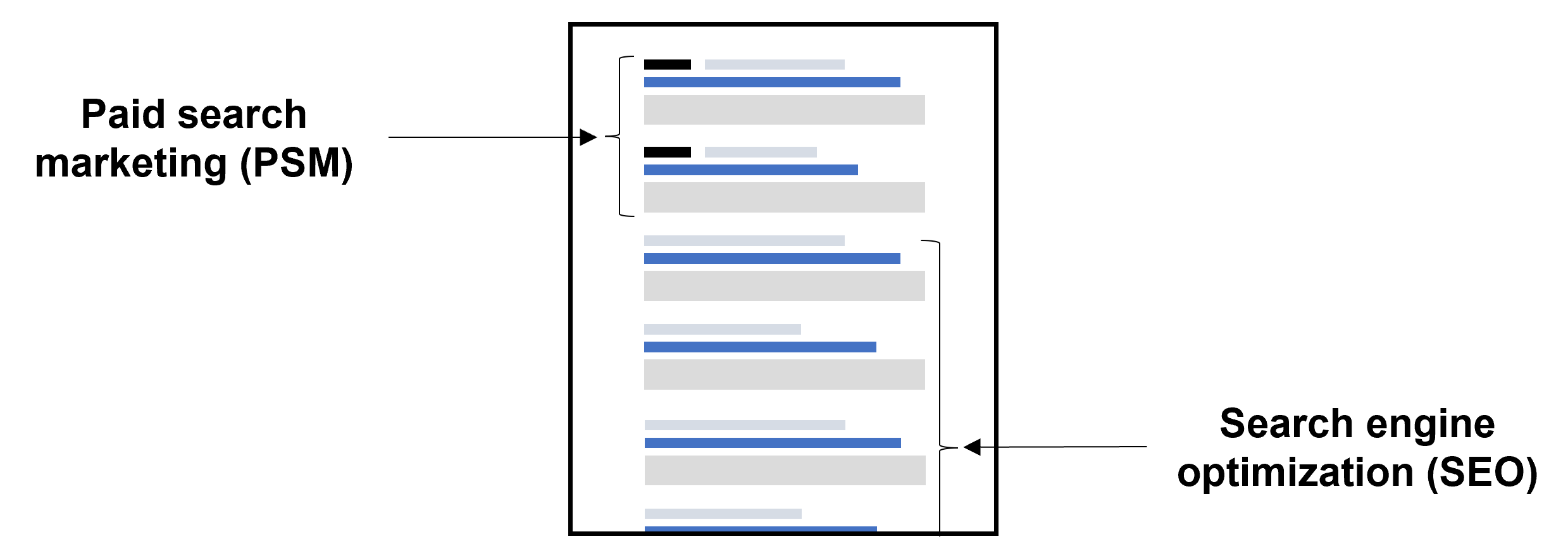How search engine marketing influences user knowledge gain
Not only the search engine providers determine which search results we see, but also external influence groups such as search engine marketing (SEM). This doctoral research project investigates how the knowledge gain of search engine users is affected by SEM.
Search engines are used by people to answer important questions, for example on health-related, political, legal, or financial topics. When searching, people usually examine only a few prominently placed results on the result page. These results are subject to considerable influences by paid search marketing (PSM) and search engine optimization (SEO). Both fall under the umbrella term of search engine marketing (SEM).

SEM measures are driven by commercial, political, or other motives, which suggest an influence on the quality of the documents and thus on search engine users. These influences are not yet addressed in process and selection models of information behavior. However, such a model is important to gain an understanding of the following:
- How information quality is mediated through SEM?
- How does collecting documents of different quality affect search engine users’ knowledge gain?
The objective of this doctoral research project is to develop and empirically test an information-search-behavior model on the influence of SEM on knowledge gain. The project also aims to make a contribution to the search as learning body of research.
Project team
Sebastian Schultheiß (doctoral student)
Vivien Petras and Dirk Lewandowski (supervisors)
This doctoral research project is associated with the project SEO Effect
Publications
Schultheiß, S. (2023). How search engine marketing influences user knowledge gain. Development and empirical testing of an information search behavior model. CHIIR '23: ACM SIGIR Conference on Human Information Interaction and Retrieval. https://doi.org/10.1145/3576840.3578297
